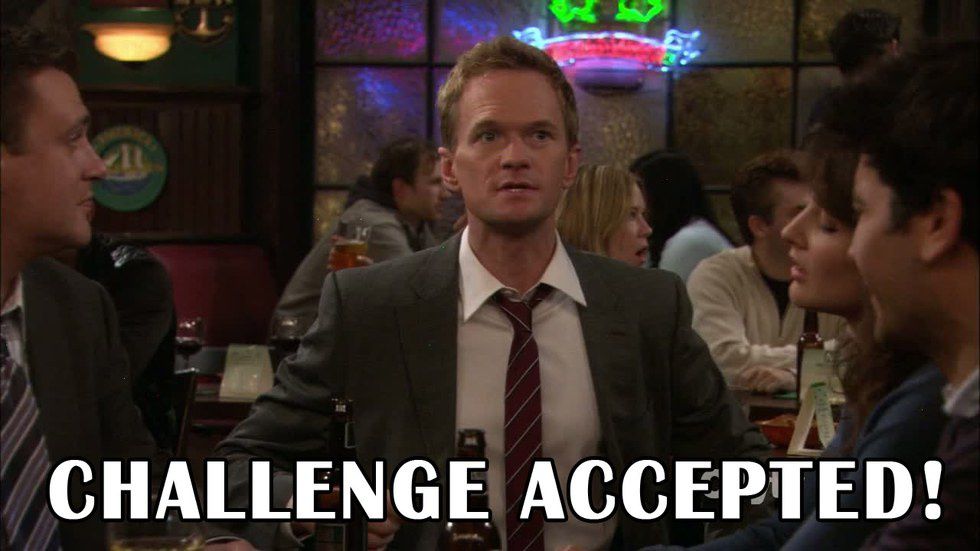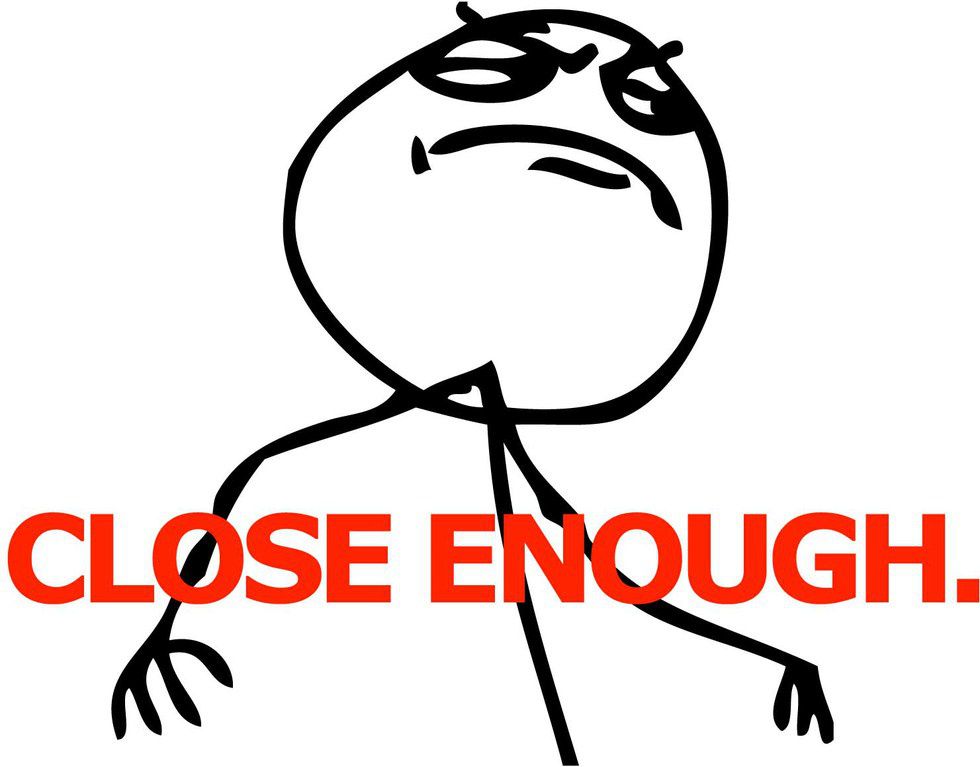My dad sends our family emails from time to time about college scholarships, black history, and just anything else that could feed the mind.
About a month ago, my dad sent me an email with a link to a Flipboard article entitled "Ta-Nehisi Coates's Advice to Young Journalists: Get Off Twitter".
As a young, aspiring journalist, who LOVES Twitter, I sat there in shock. My love for social media could get in the way of my career?
Okay, well I can't pretend like I didn't see that coming. Social media such as Instagram, Twitter, and Snapchat has kept me distracted all throughout my high school career, and even part of my college career, so no wonder an adult would advise young people to get off of Twitter in sake of pursuing their dream career path.
However, I see news anchors and journalists on Twitter all the time. I feel as though Twitter is the best way to reach out to a whole new generation, a generation that "doesn't believe in watching the news".
Ta-Nehisi Coates, a Howard University alum, as well as a successful journalist and author, has advised against young journalists using Twitter.
He says this during an interview with Ezra Klein, who replies with what a lot of us would respond by saying, "Twitter is where you make your name; Twitter is where the people who might hire you are; Twitter is where the other journalists are; news happens on Twitter. Donald Trump ran his whole f****** campaign on Twitter!"
I mean, what could Coates possibly say to that? Klein is right. If our own President-Elect could win an election by spending his time writing on Twitter, why couldn't young journalists have that same success with the social media network?
Well, Ta-Nehisi Coates responds by referring to a woman that he admires. "One young writer I admire the hell out of is Sarah Stillman," Coates begins. "and I don’t know that she made her name on Twitter. She just won a MacArthur [fellowship], and I don’t think she got that on Twitter. I think she got that by being a tremendous reporter.
Coates, a Twitter user himself, does believe that Twitter could help a young journalist reach their potential, but he's "not sure you need it."
I, for one, will keep using Twitter, avidly I might add, but I will definitely keep this article and Ta-Nehisi Coates' words in mind.

























